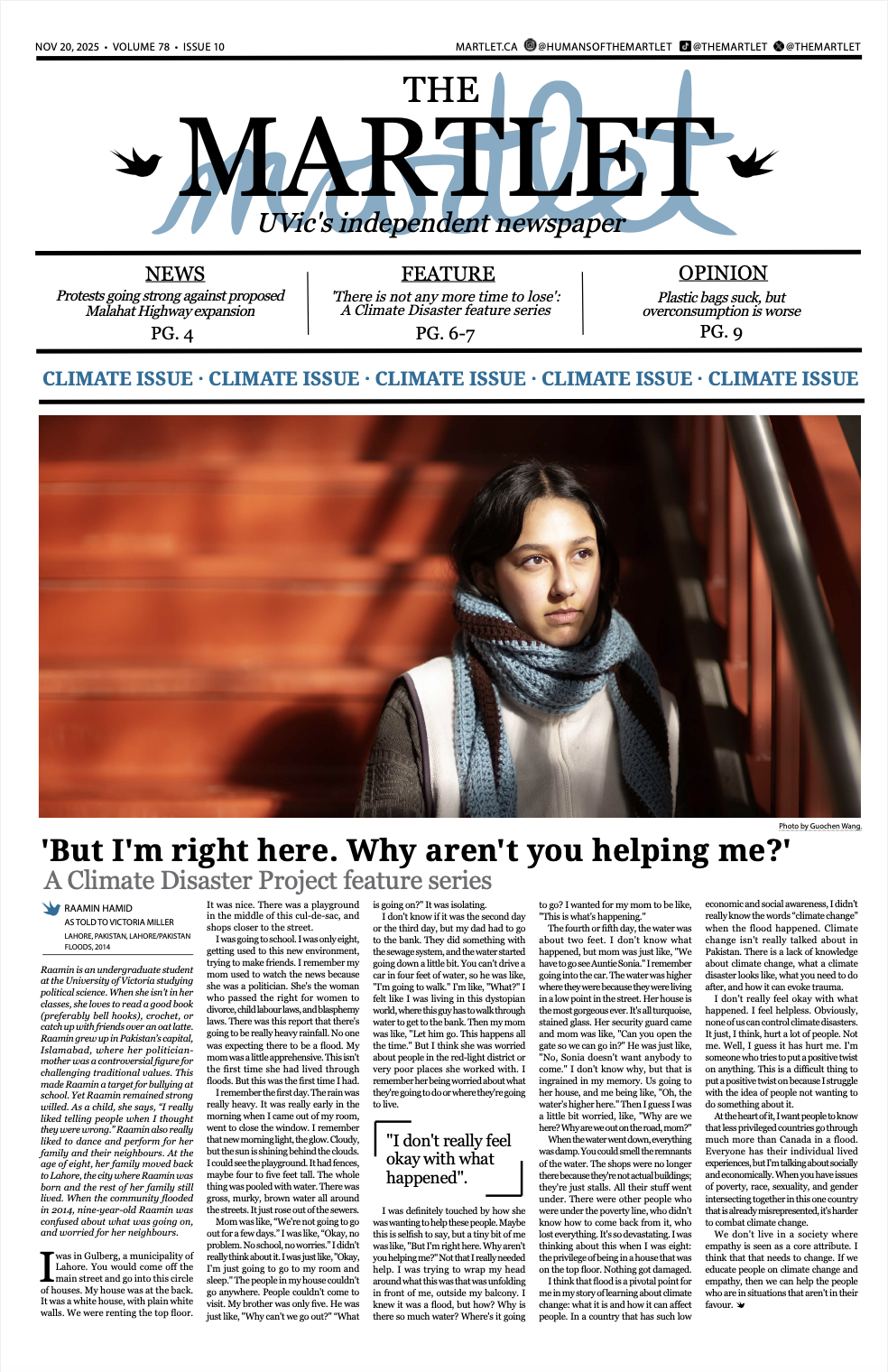In the case of the millennial and post-millennial generations, the integration of technology and the Internet with daily activities increases continuously, and education is no exception. Moving university courses to an online setting is convenient for those who may not have access to traditional campuses, and can increase university revenue by allowing teachers to have more students. Unfortunately, when it comes to getting a quality education, the advantages of online courses cannot stack up to the benefits of staying on campus. Perhaps most importantly, online education does little to help students become focused, functional, and community-centred members of society.
To be clear, I am referring to accredited institutions offering courses for credit toward certifications, not the enormous volume of free open courses found online, which I think are amazing resources.
One of the main issues with online education is the loss of quality student-teacher contact, open class discussion, and the spontaneity and emotion associated with face-to-face contact. To demonstrate this, compare online courses with bloated lecture-style classes like those you may have had in first or second year; both often have a couple of hundred students in them. Even though teachers may try their best to get to know students and give them the time they need, the fact is these conditions spread them thin.
Most importantly, however, is the contribution that online classes make to a growing sense of social anxiety in young people. The social aspect of traditional universities, along with the open discussion and communal thinking it nurtures, helps develop adults who are more socially aware and who care about their community.
Open discussion facilitates learning and a deeper understanding of course content, especially in subjects in the humanities and natural and social sciences. During face-to-face discussion, students can be spontaneous in their questions and responses, feel more connected with their peers, and receive instant feedback on their ideas. Arguably, online forums could be an effective medium for discussion, since students often feel more comfortable when contributing to them; however, do we really want to encourage an attitude of anti-social behaviour under the guise of connectedness?
One final point I would like to make has to do with the fountain of knowledge that is the Internet itself. If an idea exists, you can probably find it on the Internet; I worry about how this affects students’ critical and creative thinking skills. With easy answers available at the click of a mouse, where is the motivation for students to buckle down and really think about a problem?
Online courses undermine quality education and contribute to the concerning growth of social anxiety. Yes, they are convenient, and yes, they allow university education to be more accessible to everyone. However, as far as getting the most out of your university experience and preparing to be a contributing member of society, online courses miss the mark on pivotal aspects.








